Bipartisan Efforts Seek to Expand Studies into Psychedelics for Mental Health Treatment
In a remarkable display of bipartisan collaboration, lawmakers in the United States Congress are rallying behind a push to advance research into the therapeutic potential of psychedelic drugs. The movement, driven by legislators such as U.S. Senator Brian Schatz and Representative Dan Crenshaw, seeks to explore the efficacy of substances like ketamine, MDMA, LSD, psilocybin, and others in treating various mental health conditions.
The resurgence of interest in psychedelic research comes after decades of limited scientific inquiry due to the association of these substances with counterculture movements and the subsequent "war on drugs" campaign. However, as public attitudes shift and breakthroughs in psychedelic therapy emerge, politicians from both sides of the aisle are recognizing the need to support further studies.
Senator Brian Schatz of Hawaii has emerged as a vocal advocate for expanding psychedelic research, specifically focusing on their potential to alleviate conditions such as depression, anxiety, addiction, and post-traumatic stress disorder (PTSD). Schatz is quick to clarify that his support for research does not equate to advocating for recreational legalization. Instead, his focus lies in resuming studies that showed promise in the 1970s for individuals suffering from severe and persistent mental illnesses.
One of the catalysts for Schatz's interest in psychedelics was Michael Pollan's 2018 book, "How to Change Your Mind: What the New Science of Psychedelics Teaches Us About Consciousness, Dying, Addiction, Depression, and Transcendence." Inspired by Pollan's work, Schatz conducted his own research into the history of psychedelics and the barriers posed by government regulations. In recent years, Schatz has been actively engaging with officials from the National Institutes of Health (NIH) and the Food and Drug Administration (FDA), urging them to support additional studies.
The NIH has already taken steps to support psychedelic research. In 2021, the agency awarded its first grant in nearly 50 years to psychedelic researcher Matthew Johnson of Johns Hopkins University, who is studying the potential of psilocybin for tobacco addiction treatment. Additionally, the NIH hosted a virtual workshop in 2022, bringing together scientists from across the country to discuss the opportunities and challenges of deploying psychedelics in real-world settings. The director of the National Institute on Drug Abuse, Nora Volkow, has affirmed the agency's commitment to expanding and accelerating its work in this area.
Bipartisan support for psychedelic research is also evident in the introduction of legislation aimed at eliminating regulatory hurdles for researchers and practitioners. Senators Cory Booker and Rand Paul have joined forces on the Breakthrough Therapies Act, a bill that seeks to remove red tape and facilitate critical medical treatments using psychedelics. Similarly, Representative Dan Crenshaw has introduced the Douglas 'Mike' Day Psychedelic Therapy to Save Lives Act of 2023, which would establish a $75 million federal grant program to support research into psychedelic therapy for active duty military service members. The proposed legislation focuses on exploring treatment applications for conditions including PTSD, traumatic brain injury, and chronic traumatic encephalopathy.
The grants provided under Crenshaw's bill would fund phase two clinical trials into substances such as psilocybin, ibogaine, MDMA, and 5-MeO-DMT, while also aiming to train practitioners to provide treatment to members of the Armed Forces. Eligible entities would include federal and state agencies, academic institutions, and non-profit organizations. This bipartisan effort demonstrates a recognition of the urgent need to address the mental health challenges faced by military service members and veterans.
The proposed legislation has garnered significant support, with 11 cosponsors and a referral to the House Armed Services Committee.
Among the cosponsors are representatives from both sides of the political spectrum, including Lou Correa, Nancy Mace, Alexandria Ocasio-Cortez, Matt Gaetz, Ro Khanna, and Jack Bergman. The bill's namesake, Douglas 'Mike' Day, was a former Navy SEAL and Silver Star recipient who tragically passed away earlier this year. Honoring his legacy, the bill aims to save lives and improve the well-being of military personnel through psychedelic therapy.
Advocates for the bill emphasize the urgency of expanding research into psychedelic-assisted therapy. Henry Berkowitz, CFO of Veterans Exploring Treatment Solutions (VETS) and a retired Navy SEAL, stressed the pressing need for more scientific evidence to support the promise of these therapies. With an average of 20 veterans lost to suicide each day, and the possibility of an even higher number, research in this field becomes a race against time.
Representative Crenshaw's involvement in the psychedelics reform conversation predates the current bill. Last year, he successfully inserted an amendment into the House-passed version of the National Defense Authorization Act (NDAA) to approve grants for researching the therapeutic potential of psychedelics for active duty military members with PTSD. Although the amendment did not make it into the final NDAA package, it marked progress in advancing the discussion and paved the way for further bipartisan efforts.
The push for psychedelic research extends beyond Congress. The National Institute on Drug Abuse (NIDA) has recently begun soliciting proposals for research initiatives aimed at exploring the potential of psychedelics in treating drug addiction, with $1.5 million in funding available for relevant studies. NIDA Director Nora Volkow has expressed great interest in the therapeutic potential of psychedelics, acknowledging their significant impact on certain mental health conditions.
While federal prohibition continues to hinder research into psychedelics, the growing body of evidence supporting their therapeutic benefits is difficult to ignore. As public opinion shifts, legislators are recognizing the need to remove obstacles and facilitate further scientific inquiry. Efforts like the Douglas 'Mike' Day Psychedelic Therapy to Save Lives Act and the Breakthrough Therapies Act demonstrate a willingness to prioritize the well-being of individuals suffering from mental health conditions and to explore new treatment options.
The bipartisan support for psychedelic research, coupled with the active engagement of federal agencies, sets a promising stage for advancing the field of psychedelic therapy. As research progresses and evidence accumulates, it is hoped that more individuals, both within and outside the military, will gain access to these potentially life-changing treatments. The rekindled interest in psychedelic research, spearheaded by lawmakers and scientists alike, holds the promise of revolutionizing mental health care and providing much-needed relief to those in need.
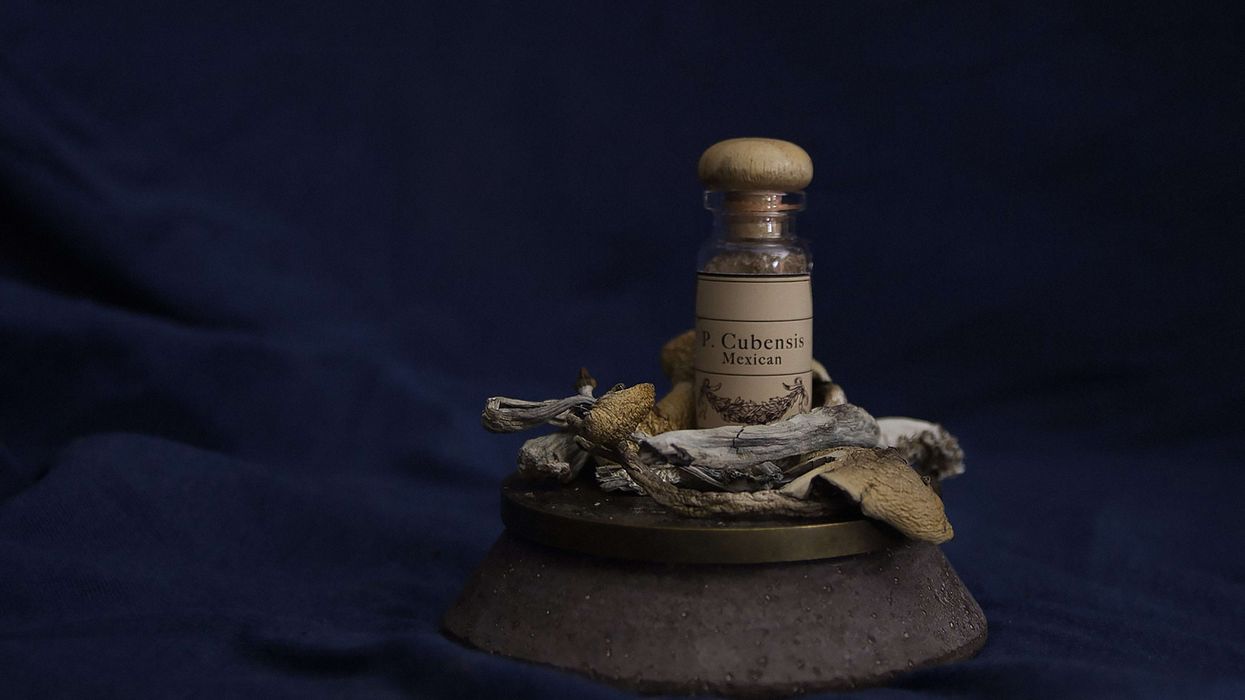






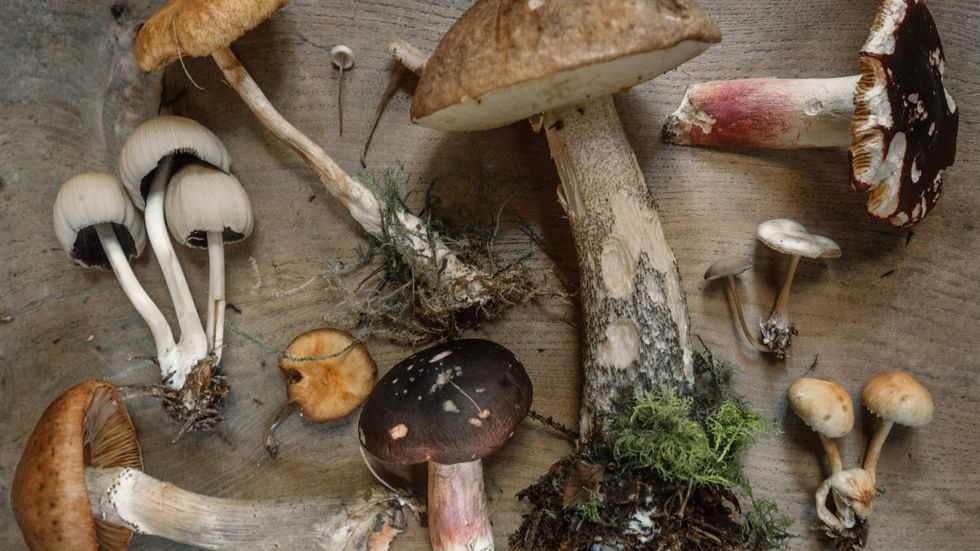 How Long Do Shrooms Last? Magic Mushroom Guide for Beginners - The Bluntness
How Long Do Shrooms Last? Magic Mushroom Guide for Beginners - The Bluntness Psilocybin can provide a life-altering experience. -The Bluntness
null
Psilocybin can provide a life-altering experience. -The Bluntness
null
 “Don’t diddle the dose. Once you have done your homework, go for it.” -- Terence McKenna
The Bluntness
“Don’t diddle the dose. Once you have done your homework, go for it.” -- Terence McKenna
The Bluntness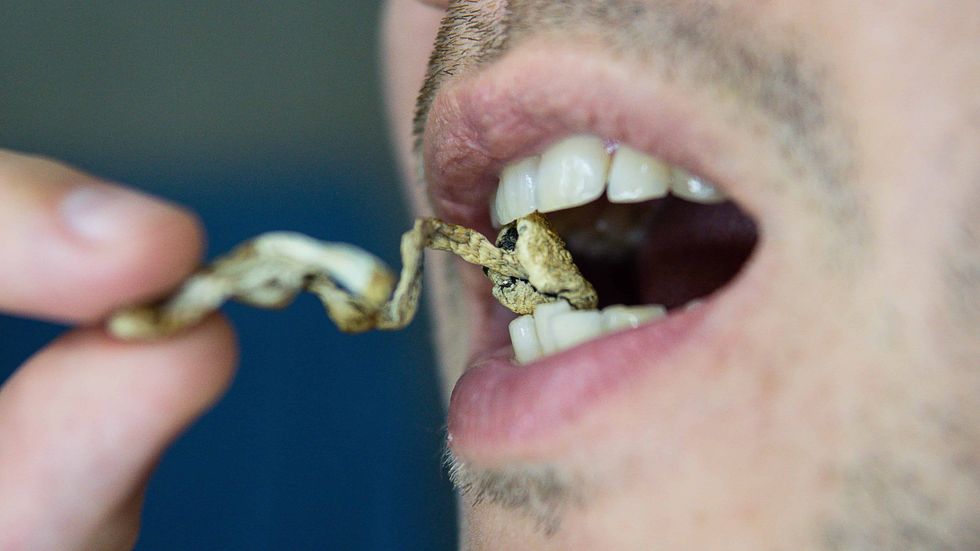 These mushrooms taste gross, but there are ways around that.The Bluntness
These mushrooms taste gross, but there are ways around that.The Bluntness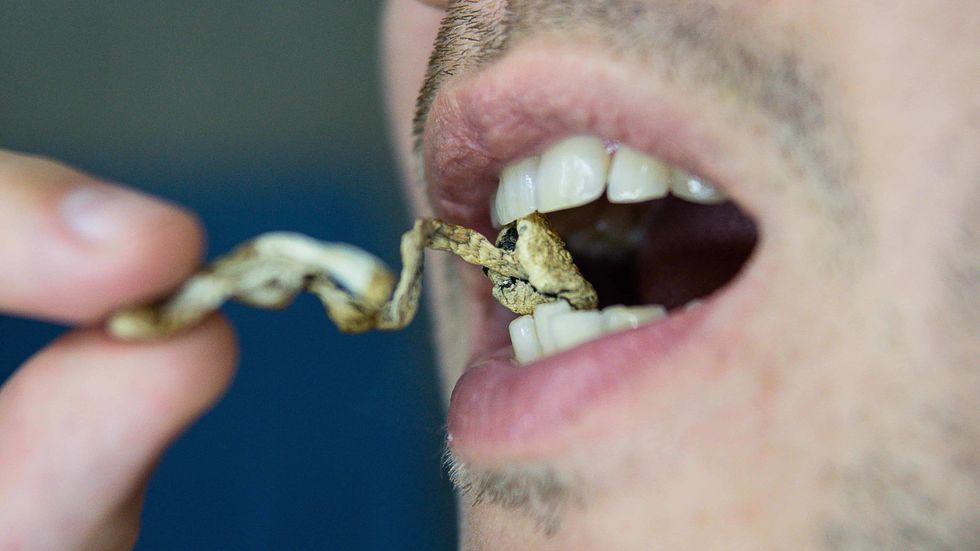 These mushrooms taste gross, but there are ways around that.
These mushrooms taste gross, but there are ways around that.



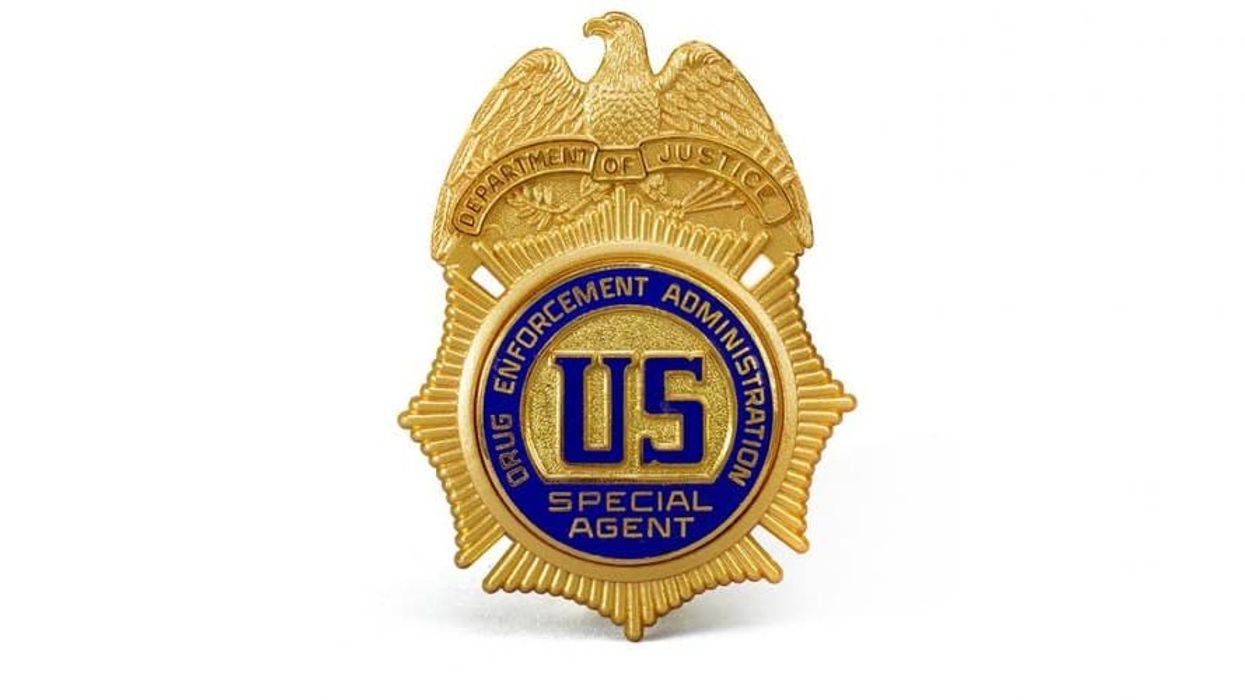



 How to Store Magic Mushrooms
How to Store Magic Mushrooms How to Store Magic Mushrooms
How to Store Magic Mushrooms How to Store Magic Mushrooms
How to Store Magic Mushrooms How to Store Magic Mushrooms
How to Store Magic Mushrooms How to Store Magic Mushrooms
How to Store Magic Mushrooms



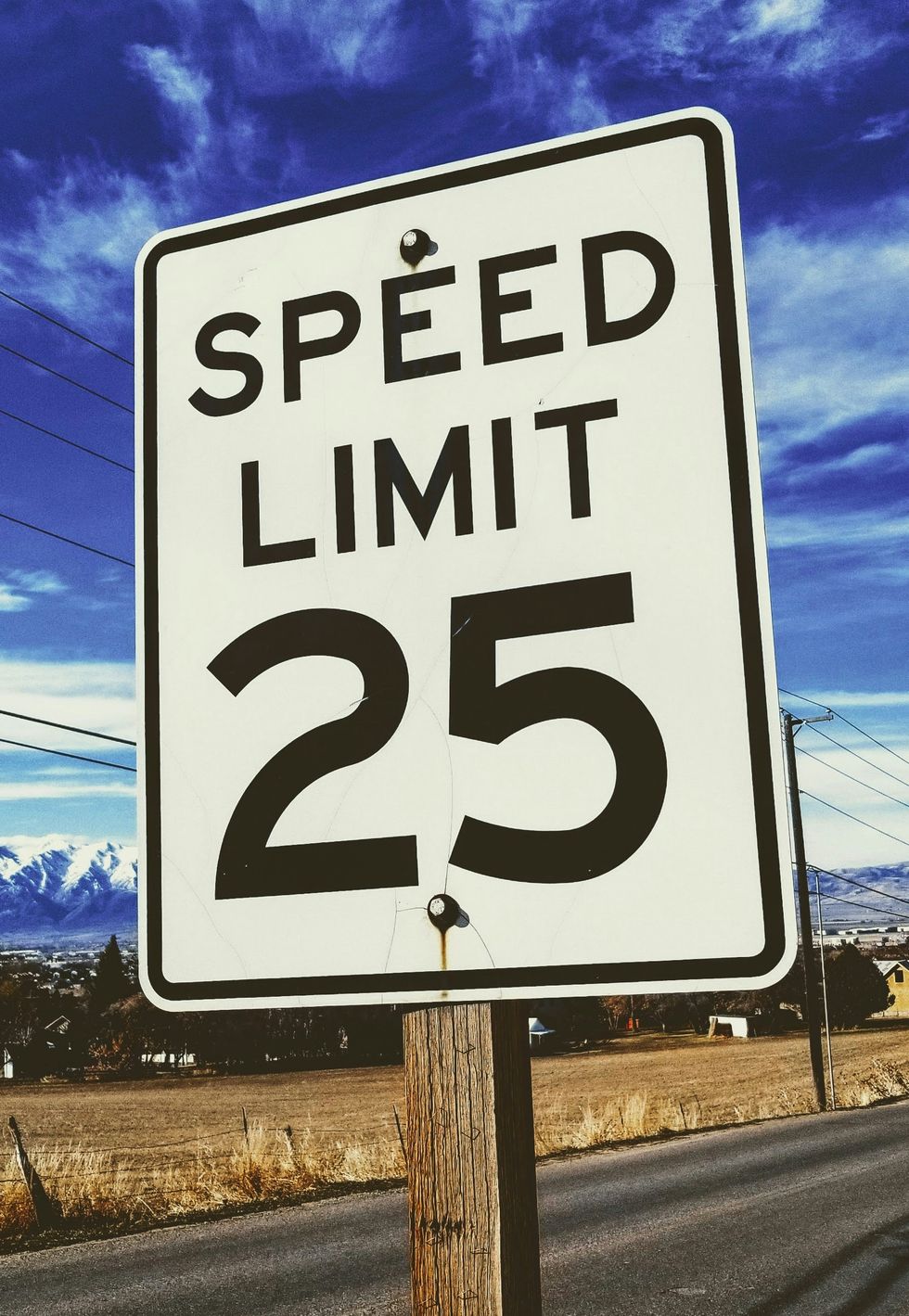



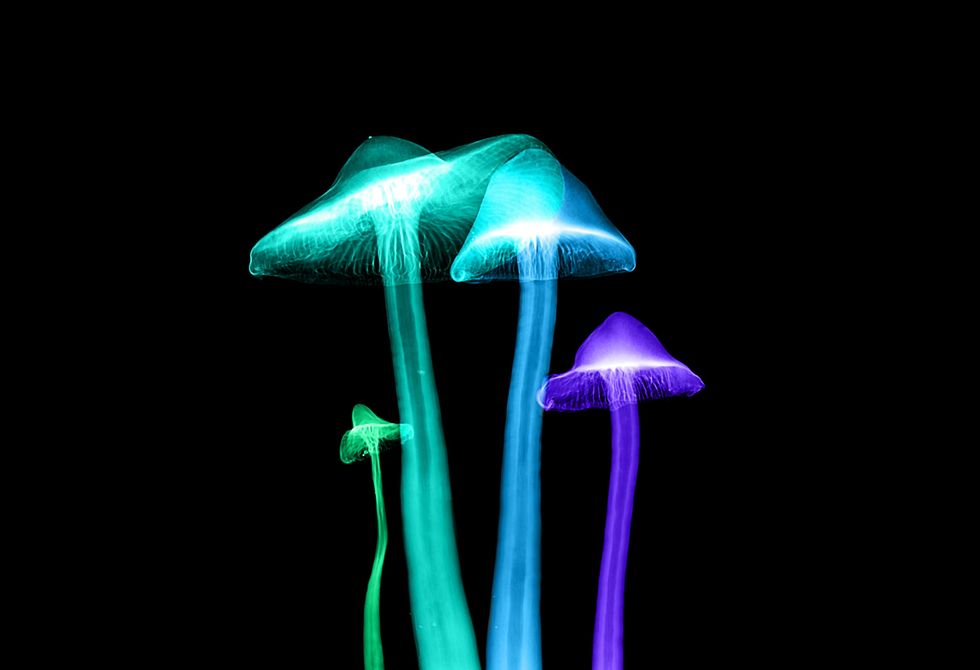 Introduction to Psychoactive Mushrooms: The Aztec God Strain - The Bluntness
Photo by
Introduction to Psychoactive Mushrooms: The Aztec God Strain - The Bluntness
Photo by 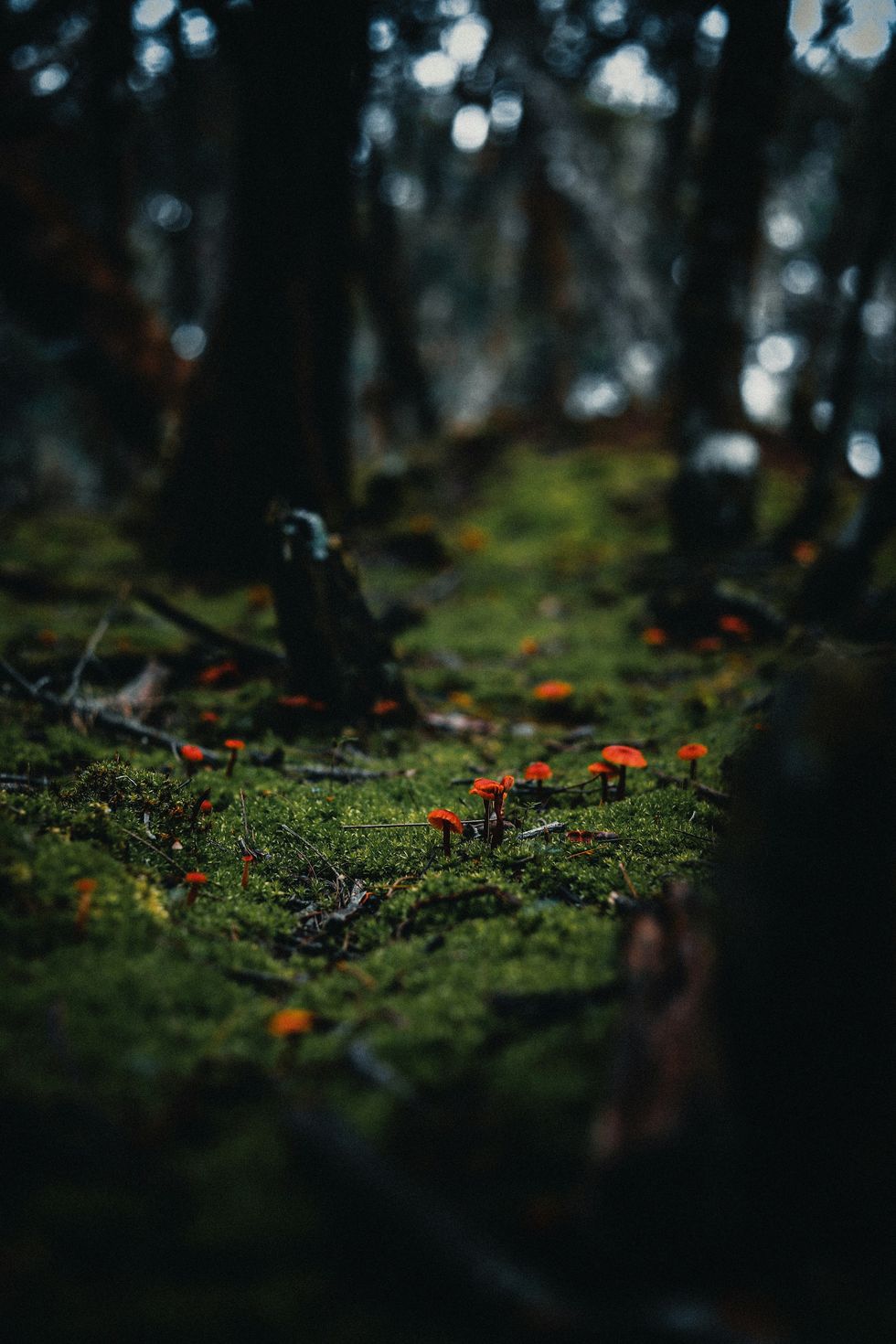 Introduction to Psychoactive Mushrooms: The Aztec God Strain - The Bluntness
Photo by
Introduction to Psychoactive Mushrooms: The Aztec God Strain - The Bluntness
Photo by